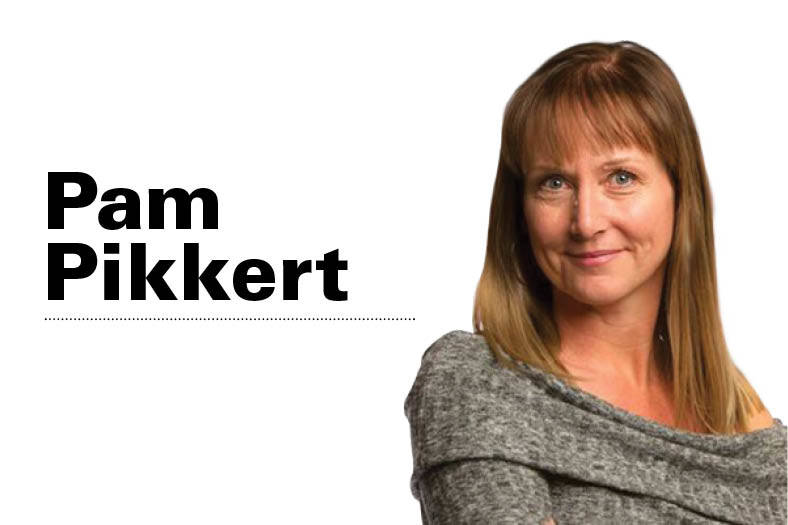As a mortgage specialist I have the opportunity to meet with clients from a wide variety of industries.
A common theme I hear is that it wasn’t this hard the last time I got a mortgage. My response to that is that it certainly was not.
The changes which have been implemented over the last seven to eight years have made getting a mortgage very challenging for most but our self-employed friends do have it a bit more challenging.
That being said, there are some realities which the self-employed have to face in this new mortgage landscape.
1. Do what you are good at.
What I mean by this is that there are good ways to reduce costs and there are bad ways. A Certified Professional Accountant, a qualified book keeper and a lawyer are professions which should be seen as your business’s greatest allies, not unnecessary costs.
Imagine if you will a call from the CRA because your tax return has been called into question.
Losing even one full day of normal business operations will likely cost you more than the full accounting bill. The CPA and the lawyer will work in conjunction to help you avoid gigantic holes you could not have known to watch out for.
An interesting thing I just learned is that anyone can call themselves an accountant so make sure you are working with an actual CPA.
Mortgage lenders will be looking for the documentation you provide to be professionally prepared as well in case you needed even more reasons.
2. You can’t have the best of both worlds. Your CPA will work closely with you and utilize the strategies available to limit your overall tax liability.
This is a terrific thing but please be aware that a good accounting strategy does not translate to an easy mortgage process or guarantee you the lowest rates. You quite simply cannot enjoy the lower tax bill and also the best rates.
3. There is no more ‘stated income’.
The government came in a few years back and made some significant changes to how the banks are allowed to lend. In the past, quite literally, you could write down your income and that was considered sufficient as income verification.
After the mess in the U.S.A. they took steps to ensure we would not face the same mortgage meltdown.
Lenders have a higher level of documentation required than ever before.
4. Pay your taxes. This one seems self-explanatory but given how often it is an issue I thought I would mention it. Taxes trump mortgage so if you have tax arrears, that means the government can put a lien on the property or even seize it if things get far enough behind.
That is why all lenders want verification that your personal taxes are up to date prior to lending.
Here are a list of the documents you will need to bring with you as a self-employed individual.
• Full T1 Generals for the last two years – all 50-plus pages
• Notice of Assessments from the CRA
• Proof of taxes paid
• Two years of business financials
• Interim business financials if mortgaging mid-year
• Bank statements to confirm income
• Copies of any contracts
So there you have an idea of the new mortgage world of the self-employed.
There is one person you should certainly add to your team, a well-qualified mortgage professional of course! This person can help you strategize for your immediate and long-term goals whatever they may be.
Pam Pikkert is a mortgage broker with Mortgage Alliance – Regional Mortgage Group in Red Deer.



